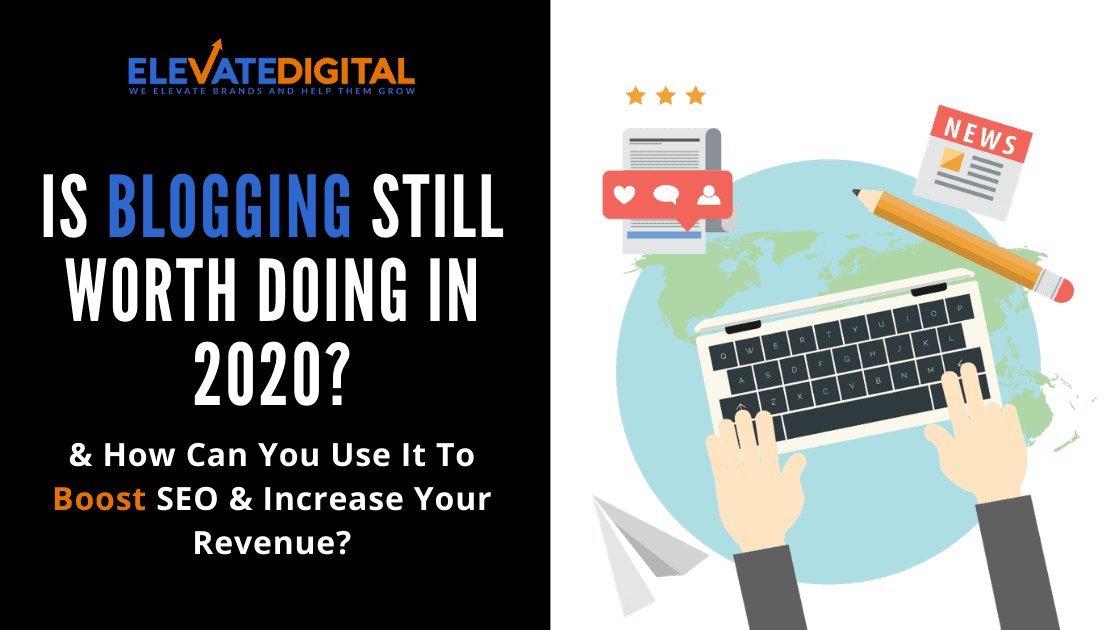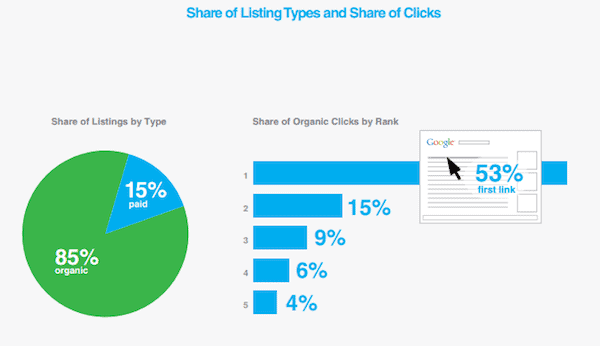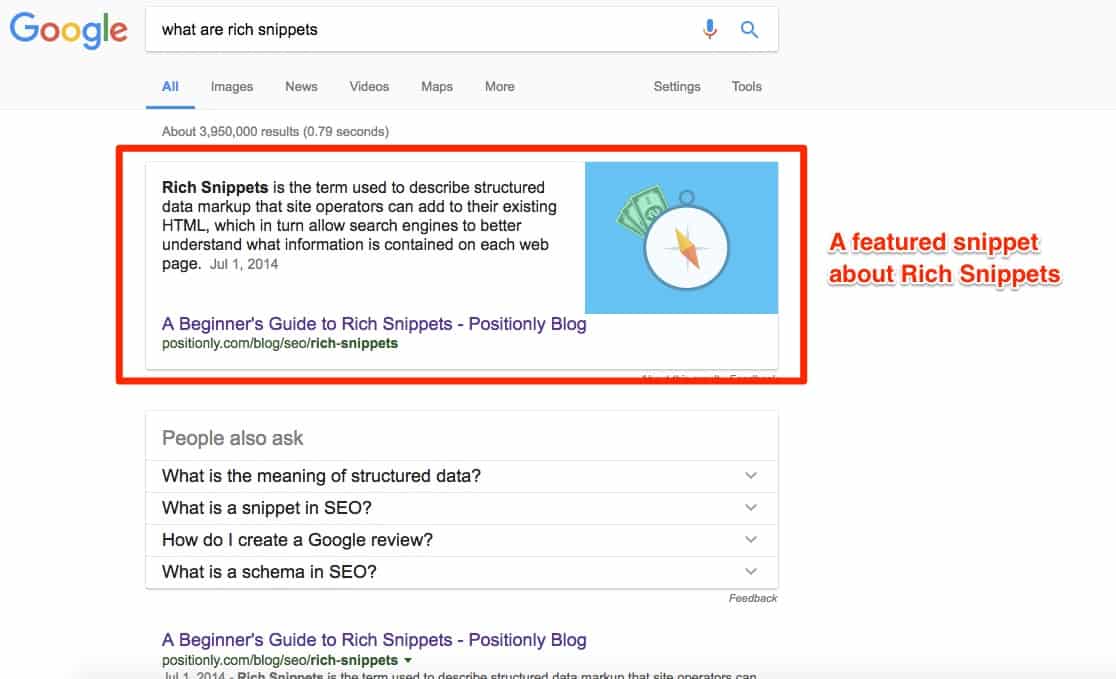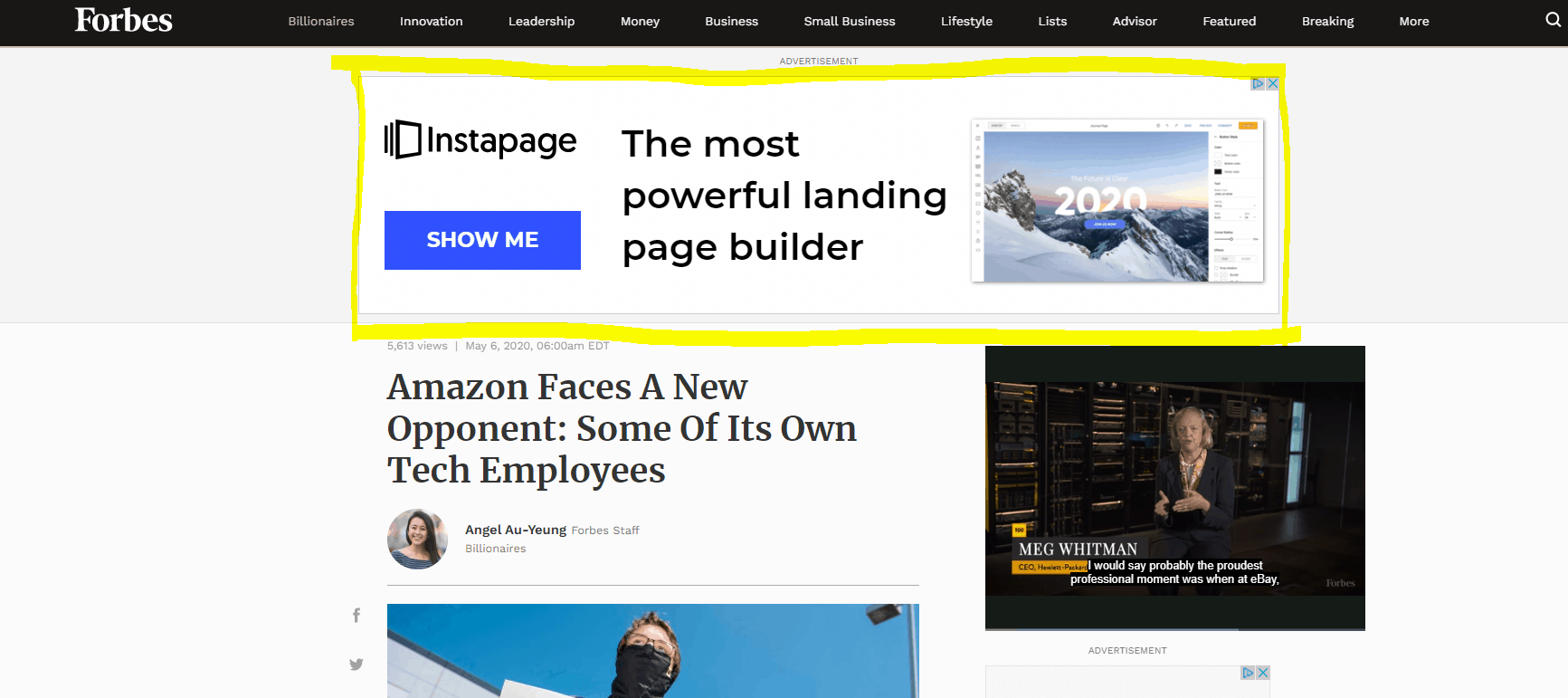Blogging was a hot topic once upon a time, as well as being responsible for creating a number of highly successful digital entrepreneurs and a new generation of millionaires.
Not to mention, being one of the most effective ROI-Based Marketing methods for SEO savvy business owners.
But over the past few years, it’s slowly declined in popularity…
You only need to look at the latest data from Google Trends to see that.
So does this mean blogging is dead and is blogging still worth doing in 2020?
Well, the answer isn’t quite so straight forward but it might just surprise you!
To keep things clear; I’ve broken this article down into several sections:
Is blogging really dead?
Whilst blogging is decreasing in popularity, it still remains one of the primary methods of increasing your website’s SEO and organic traffic; especially when paired with a solid link-building strategy.
Whether you’re running a business blog or a hobbyist blog, there’s one simple way to look at this…
Having a blog and publishing articles allows you to target specific keywords that your potential customers/readers would be searching for.
So if you’re interested in driving highly-targeted traffic to your website month on month, you need to start taking blogging seriously.
Another thing to mention here is that these organic results still continue to outperform PPC in terms of traffic share (the percentage of visitors that click on an organic listing over a paid ad).
Not to mention, having a much bigger share of search listings in general as seen in this infographic by Search Engine Watch.
You’ll also notice there is a HUGE difference in clicks between the higher and lower positions.
So if we’re talking about ranking for a high volume keyword with 50,000 searches a month.
Having your website ranked in the top 3 results for a keyword your blog article is targeting; could be the difference between receiving up to 25,000 targeted monthly visitors and receiving to as little 250 if your rank lower on the page.
If you’re not even on page 1 or haven’t written an article to optimise for that keyword, you’ll probably be receiving ZERO of those visitors!
How do I optimise my blog for SEO in 2020?
Search Engine Optimisation and building a clear Search Marketing Strategy for your blog are critical if you want to get seen.
And whilst there are hundreds of ranking factors within Google’s algorithm, there are two primary driving forces when it comes to building your organic ranking:
– Producing consistent high-quality content containing your target keyword
– Having a solid link-building strategy (Earning links from other reputable websites)
An important note here; blogging should always be done in the interest of the reader/visitor for the best results. For example, if you run a recruitment agency; instead of saying “5 reasons our recruitment company is so great”. Think about what a potential buyer might actually be looking for… As an example “What to look out for when picking a new recruitment company”
However, one of the biggest things to be aware of right now is Google’s emphasis on using Rich Snippets as these are currently dominating a lot of search results.
If you’re not familiar with the term, there are 3 main phrases to be aware of here:
Featured Snippet: A featured snippet is effectively an extract of data (videos, text, charts or images) taken from a website or video used to deliver an instant answer to the searchers query without them ever having to leave Google.
The reason they’re called ‘featured’ snippets is because they are listed at the top of the search engine results page so can be extremely powerful for brand visibility.
Rich Snippets: Rich snippets work in a similar way but they can be found anywhere on the search engine results page. Take the “people also ask” section in the above picture for example.
When you click on these drop downs, Google will again show you extracts taken from other websites.
Google will also feature relevent videos from YouTube now as per the below example, featuring yours truly 😉
Schema/Structured Data: This is effectively a piece of code that Google can read from a webpage that indicates what type of content it is.
Having this data optimised correctly along with a good level of SEO can help Google to create these rich snippets from your site.
The reason this is important is because it adds an additional layer into your Search Engine Marketing strategy.
Rich snippets have a significant presence within search engines now, so it’s important to be optimising for these when blogging in 2020.
One of the easiest ways to do this is by providing both the question AND the answer within the content of your blog posts.
Can you actually earn money or generate revenue from a blog in 2020?
Short answer, yes!
Unfortunately, a lot of businesses don’t know how to do this effectively which is why they think blogging doesn’t “work”.
We see countless business blogs who receive a high volume of traffic but do a terrible job at converting that traffic into leads or sales.
In fact, there are numerous ways to monetise a blog in 2020, most of which can be extremely profitable and I’ll dive into a few of them here. The option you choose will likely depend on the kind of blog/business you run so I’m going to break it down into categories:
Content Upgrades
In a nutshell, a content upgrade is about offering the reader a gated piece of valuable content like a lead magnet which could be seen as a “upgrade” or “bonus” to the main article.
For example, if you published a blog called “5 ways to exercise from home in quarantine” a content upgrade could be a free “20 minute quarantine workout video”.
This is a great way of easily generating leads from your blog as the content upgrade should be highly relevent to each specific article.
You would then use a lead nurturing email campaign to start turning these leads into sales.
Relevent & Clear CTA’s
Similar to the above point, this is about having clear, bold and relevent call to action buttons on your blog that encourage visitors/readers to take a next step with you.
A lot of businesses use generic call to action links like “contacts us for more information”. Instead of this make your call to action relevent to the article and make sure it stands out.
It might look a little something like this…
Want personalised advice on your SEO & Blogging strategy?
Book your FREE digital review today and we’ll record you a 10 minute video looking at your current strategy and suggest some ways you could significantly increase your results!
*But seriously, if you do want personalised advice, suggestions and feedback on your website, be sure to hit that blue button and book your free review today!
Affiliate Links
Affiliate links can also be a great way of monetising your blog.
If you have any companies you typically refer customers to, or products/services you often recommend. Be sure to ask if they have an affiliate program as you may be able to earn a commission each time somebody signs up through a link you place on your blog.
Ad Placements
Ad placements should only be used when your main source of revenue comes from advertising.
Having adverts to external websites can significantly hurt the conversion rate for your own products/services.
If however, you run a media company or a simple hobbyist blog, this can be a great way of generating monthly revenue.
You can either sell placements on your blog to advertisers directly or use a service like Google AdSense to place automatic ads on your blog.
Should a business website have a blog in 2020?
Let’s just get one thing clear, as there is often a huge misconception when it comes to blogging and business.
Blogging is not reserved for backpackers who are writing a travel diary….
Some of the most biggest companies in the world have utilised blogging and SEO to help grow their business.
The 9-Figure CRM company, HubSpot are a perfect example of this!
Not only does blogging help you to target profitable keywords and search queries, but there are several other less-talked about benefits; one of which is the credibility that a blog can give to your business.
Having a range of in-depth articles on your businesses website can help to establish your as a thought-leader in your space. It can also help build trust and credibility by demonstrating your businesses knowledge/expertise.
Blogging can also be used as a platform for educating your customers and helping them feel more comfortable about making a purchase.
As always, if you’d like any personalised suggestions or feedback on your current website, blog or marketing strategy, be sure to book your FREE Digital Checkup today!
- Highly-Effective DTC Marketing Strategies & Examples - February 28, 2024
- How To Set Paid Media Marketing Budget - October 16, 2023
- The Ultimate Guide To A/B Testing - September 23, 2023









